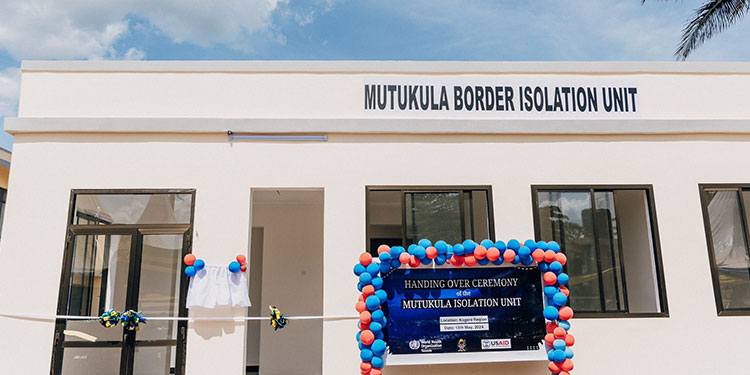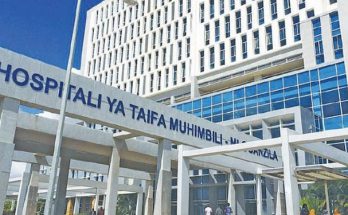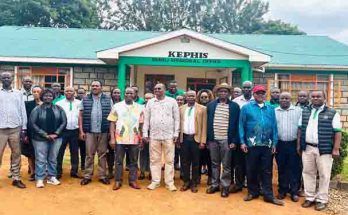
The Ministry of Health in the Kagera Region has received an updated infectious disease isolation unit from the World Health Organization (WHO) with financing from the United States Agency for International Development (USAID) at Mutukula, a village bordering Tanzania and Uganda.
The purpose of using this unit at the One-stop border point is to make it easier to screen travelers at ports of entry in order to reduce the spread of diseases across borders. This is done by identifying sick or exposed travelers from impacted areas and preventing their travel.
According to Dr. Samwel Laizer, Kagera’s Regional Medical Officer, “the isolation center comes at an opportune time to strengthen our resilience against future outbreaks as a country bordered by neighbors and known for its influx of tourists, especially in a busy border area like Mutukula.” “We appreciate USAID and WHO. We can get universal health care in Tanzania with more cooperation.”
Tanzania, like many other nations, has been addressing many newly and re-emerging diseases. One of the most significant of these was the Marburg virus epidemic that claimed six lives last year. Within ninety days, the virus was contained because the government, WHO, and partners took prompt action. In addition, teams of first responders trained in the essentials of epidemic preparedness and response have been collaborating with WHO and the Ministry to strengthen preparedness and response to health emergencies.
The International Health Regulations (IHR) obligations and recommendations following the fight against Marburg, which aimed to empower countries to prevent, prepare for, and respond to public health risks at Points of Entry (POEs), require the presence of this standardized unit at the point of entry.
Tanzania’s health system will be strengthened by this Mutukula isolation facility, which will enable it to identify, prevent, and react to public health emergencies swiftly and effectively in order to save lives. I would like to thank USAID for the prompt financial assistance. “Many lives will be changed, and communities will be well-prepared for any emergencies or outbreaks in the future,” said Dr. Charles Sagoe-Moses, WHO Tanzania’s Country Representative.
An outdated and run-down temporary tent that had been used as an isolation center and was now being used to handle suspected cases was replaced with the Mutukula Isolation Unit. The new building will be crucial to case management and research efforts aimed at limiting community transmission.
Program Adviser for USAID/Tanzania Laura Chitterenden said, “We are honored to witness the completion of this life-saving isolation unit, and we congratulate the Government of Tanzania for its ongoing efforts to prepare the country against future outbreaks.”
One of the several initiatives being carried out to guarantee Tanzania’s health systems are strengthened in order to expedite the health for all agenda is this facility.



